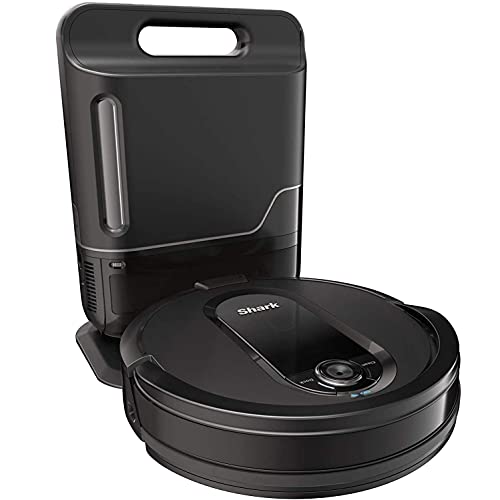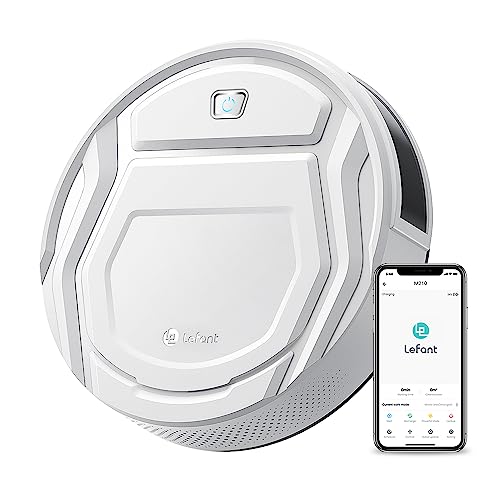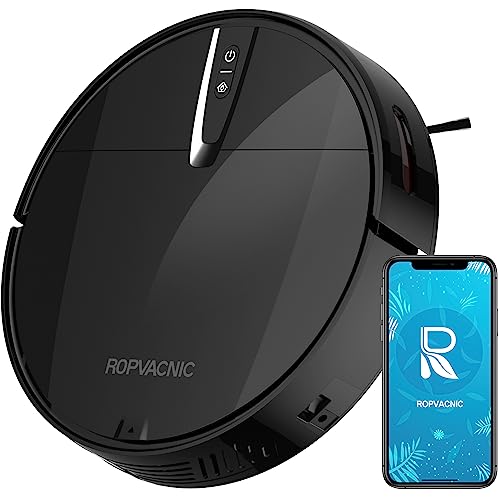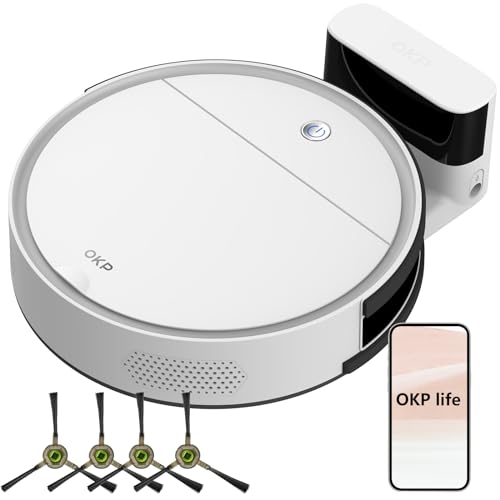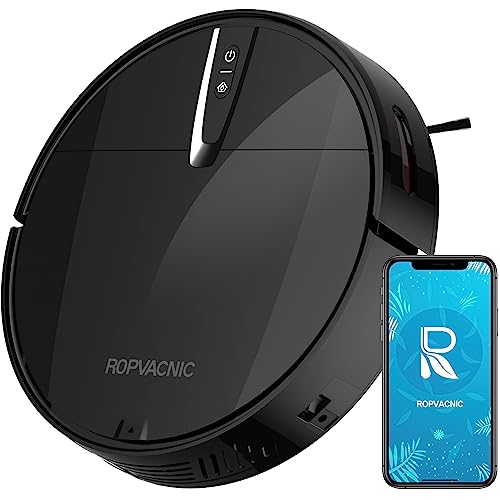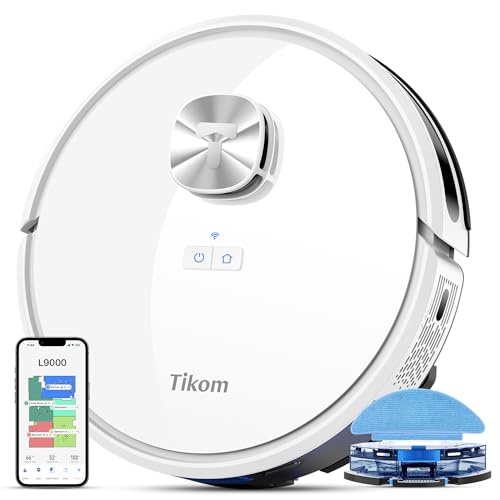Why are Robot Vacuums So Expensive?
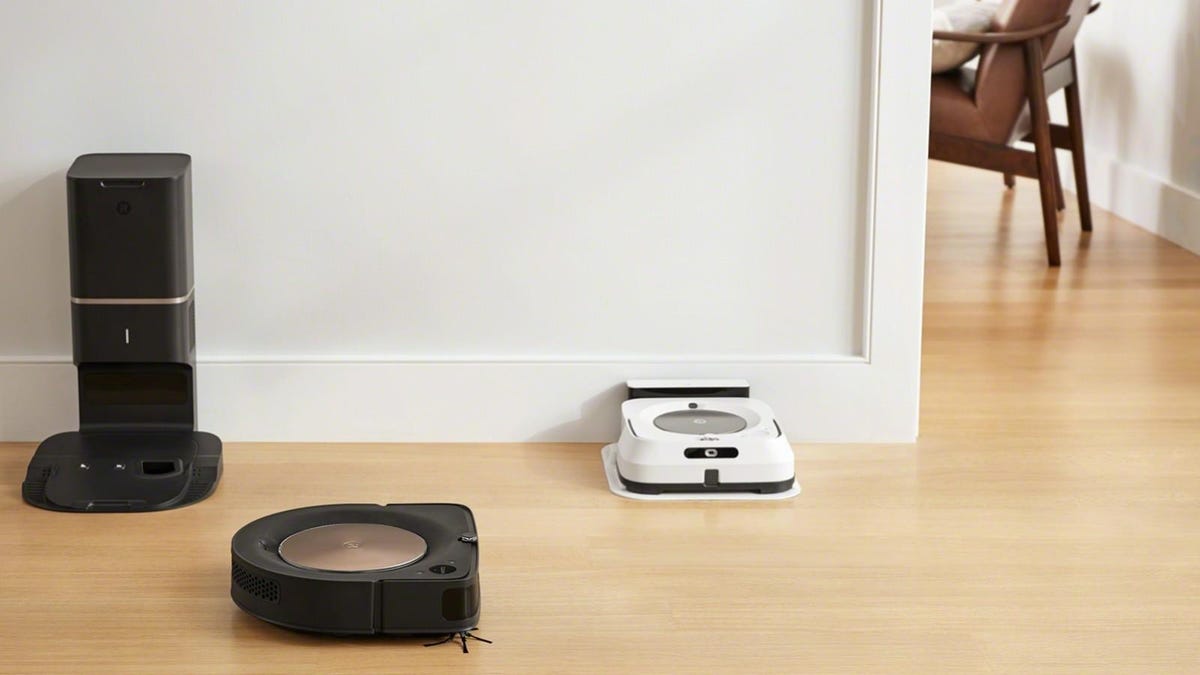
Robot vacuums have become a popular household appliance in recent years, promising convenience and efficiency. However, many potential buyers ask one common question: “Why are robot vacuums so expensive?” In this blog post, we’ll explore the factors contributing to these devices’ high price tags. From advanced technology and sensors to engineering and design, you’ll gain insights into the reasons behind their cost. Understanding these factors can help you make an informed decision when considering whether a robot vacuum is worth the investment for your home.
Advanced Technology
Robot vacuums pack a lot of tech in a small package.
- Sensors help them avoid obstacles and stairs.
- Mapping systems give them a floor plan of your home.
- Powerful motors make them efficient at cleaning.
Developing these features costs money, which adds to the price.
Durability and Reliability
These robots work hard and last a long time.
- They are made with tough materials to resist damage.
- Reliable batteries are used for longer cleaning sessions.
- Manufacturers put them through many tests before selling them.
This testing and quality control can make them more expensive.
Smart Home Integration
Many robot vacuums connect to your home WiFi.
- You can control them with your phone or voice.
- They can work with other smart home devices.
- Software updates can give them new features.
This smart technology also adds to the cost.
Increased Convenience
Think about how much time you save with a robot vacuum.
- You can do other things while it cleans.
- Some can empty their own dustbin.
- They can be scheduled to clean whenever you want.
You pay more for this convenience.
Brand and Design
Well-known brands usually charge more because of their reputation.
- They invest a lot in design and look.
- Their vacuums may have unique features.
- They offer warranties and customer service.
This can make their robot vacuums pricier.
Cost of Accessories and Maintenance
Let’s not forget about the extra things you may need.
- Replacement brushes and filters are sometimes needed.
- Some brands offer special cleaning tools or docks.
- Regular maintenance keeps your robot vacuum running well.
Taking good care of your robot vacuum can mean extra costs.
Environmentally Friendly Options
Some robot vacuums are kinder to our planet.
- They use less energy to run well.
- They might use recycled materials.
- Environmentally friendly packaging is often used.
These green choices can be more costly to produce.
Research and Development
Making robot vacuums better takes a lot of work and money.
- Companies spend on creating new technologies.
- Engineers and designers get paid for their skills.
- Testing new ideas takes time and resources.
All this investment makes the final product more expensive.
Marketing and Advertising
Brands want you to know about their robot vacuums.
- Ads on TV and the internet cost money.
- Packaging and manuals must be designed and printed.
- They might pay stores to display their products well.
These marketing efforts add to the cost.
Retailer Markup
Stores need to make money when they sell robot vacuums too.
This is called ‘markup’, and it raises the price a bit more.

Credit: spectrum.ieee.org

Credit: lifestylerig.com.my
Frequently Asked Questions For Why Are Robot Vacuums So Expensive?
What Factors Drive Up Robot Vacuum Prices?
Robot vacuums incorporate advanced technology such as sensors, mapping systems, and AI algorithms, which contribute to their higher cost. These components are essential for navigation, obstacle avoidance, and efficient cleaning, but they require significant investment in research and development, as well as manufacturing precision, leading to expensive final products.
Can Robot Vacuums Justify Their High Cost?
Many users find that the convenience, time-saving abilities, and advanced features like scheduling and smart home integration of robot vacuums justify their premium prices. The longevity and effectiveness of these devices in maintaining a clean home environment also play a crucial role in validating their cost.
How Do Robot Vacuums Compare To Traditional Vacuums?
When compared to traditional vacuums, robot vacuums offer a hands-free cleaning experience and often come with smart features like autonomous operation, scheduled cleanings, and self-charging docks. While generally more expensive, their advanced technology and convenience features can provide a modern and efficient approach to home maintenance.
Conclusion
While robot vacuums may seem costly, their prices are justified by the advanced technology and engineering that goes into their production. The convenience and time-saving benefits they offer can make them a worthwhile investment for some households. However, it’s crucial to consider your specific cleaning needs and budget before making a purchase. Buying a robot vacuum should be based on whether it aligns with your lifestyle and household requirements rather than solely on price considerations.
